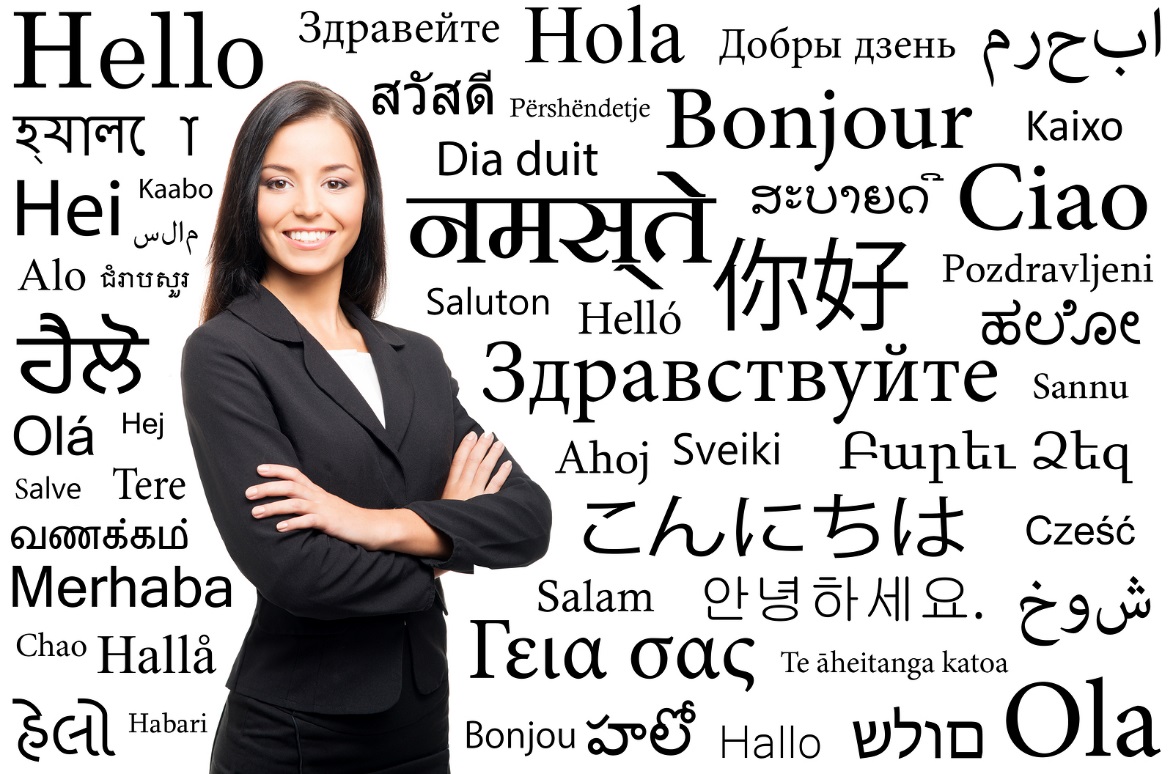If you’ve been on the Web for any length of time, you’ve probably seen at least one example demonstrating the unintentional silliness that results when a translation goes wrong. The mistakes people make when they’re trying to translate something into a language with which they are not familiar seems to be a popular source of amusement. On humor websites, one can find several badly translated and unintentionally hilarious signs from all around the world. Such mistakes clearly demonstrate that there is no real substitute for professional corporate translation services.

Of course, not all translation errors are quite so funny. A mismatch between what the intent of the message may be and what the targeted audience understands can cause needless confusion and delay – two things you don’t want when time is short and clear communication is critical. The story of Coca-Cola’s early attempts to enter the Chinese market, which produced the immortal phrase “Bite the Wax Tadpole,” is a well-known example. But it’s hardly the only one. As recently as 2009, the major global banking firm HSBC found itself exhorting potential customers to “Do Nothing” with all their hard-earned wealth. Let us also not forget that many doctors, engineers, and other vital service providers rely on translated documents to keep their patients and customers safe. Proper translations are a serious matter. Errors in technical, medical, and corporate translations can still result in lost opportunities, reduced productivity, higher costs, and even lives.
Many of these mistakes have been the result of over-reliance on machine translations. Better technology has brought us unparalleled access to vast quantities of information, including online language dictionaries. Some enterprising minds have even sought to streamline the translation process by developing automated translation software. Machine translations are certainly valuable tools in certain instances, but they should not replace the need for dedicated human translators and editors.
Professional business translation services are still essential in this day and age because translation isn’t a simple process. Businesses in particular, need to be especially aware that their marketing messages are some of the most difficult to translate due to the different cultural and social expectations, which can entirely change a message’s interpretation. Problems can also occur because many languages have “untranslatable” words that don’t easily map to a proper equivalent in other languages. Or a word or a phrase will carry an entirely different connotation in another country or region. These are all important factors that should encourage companies to utilize professional corporate translation services for all of their international initiatives.